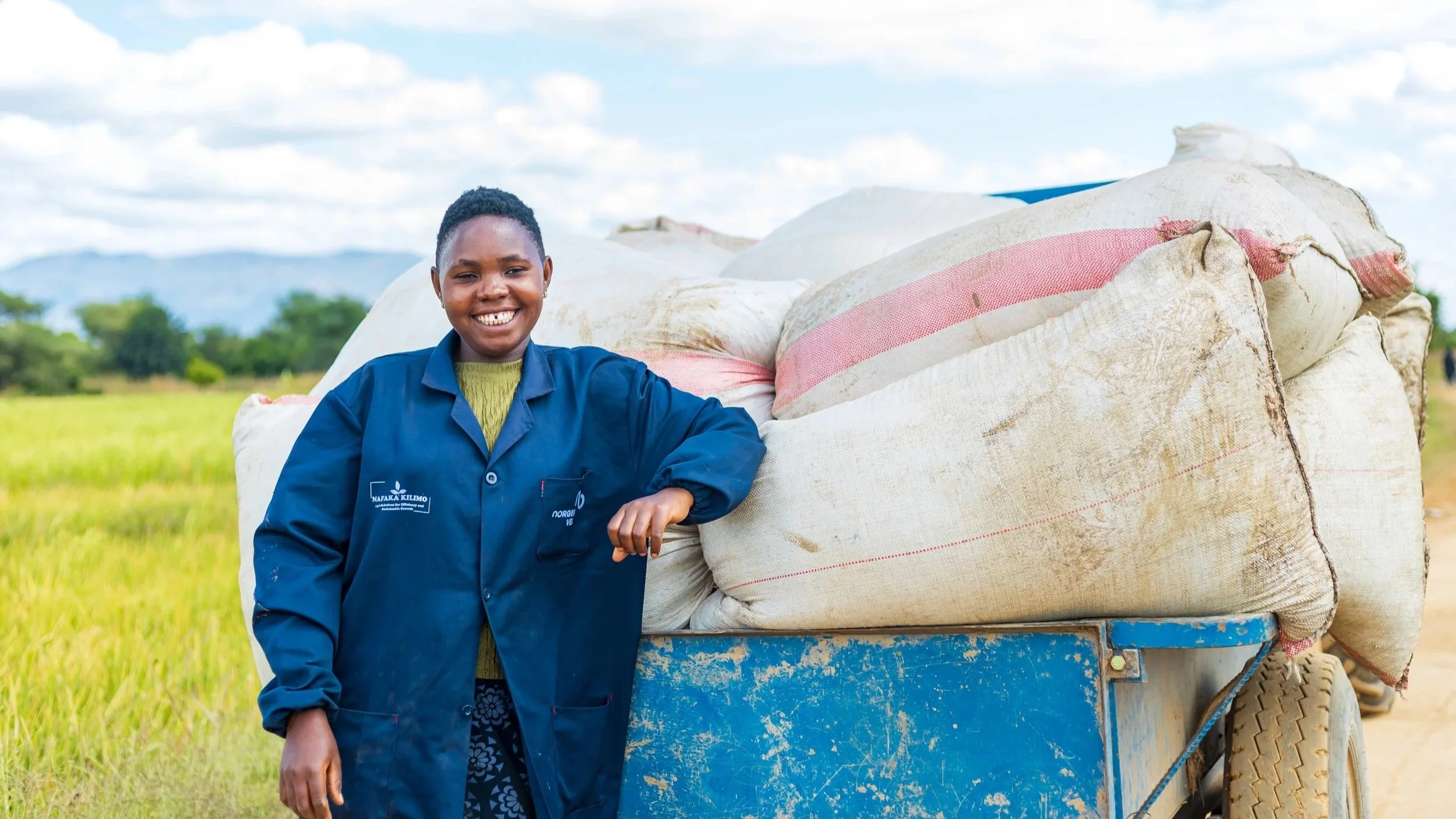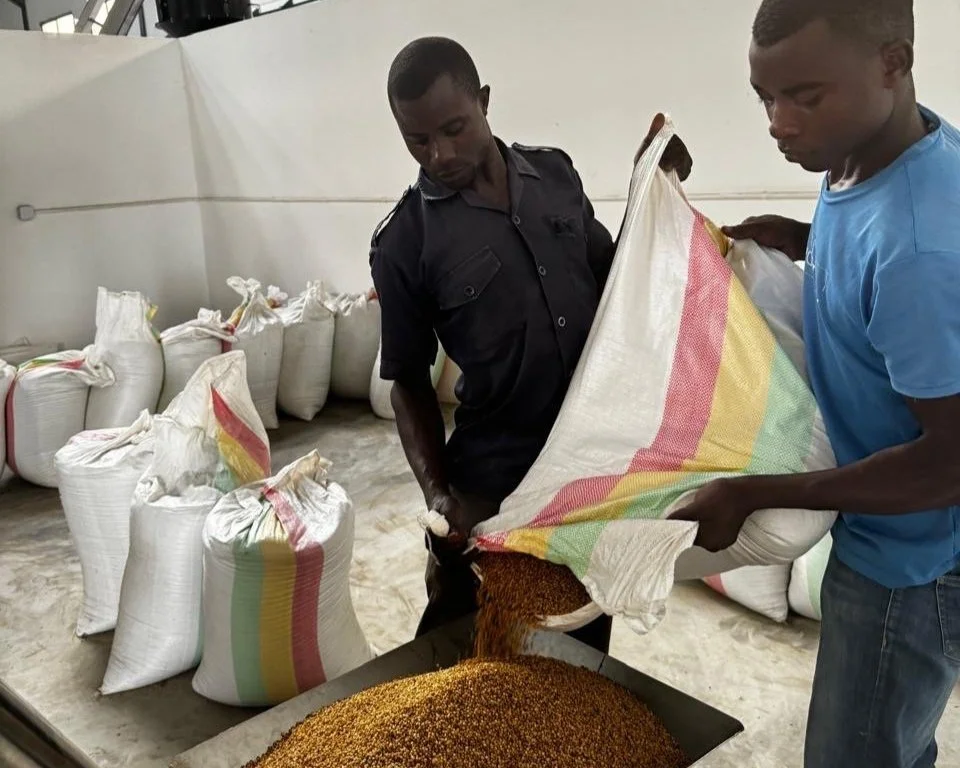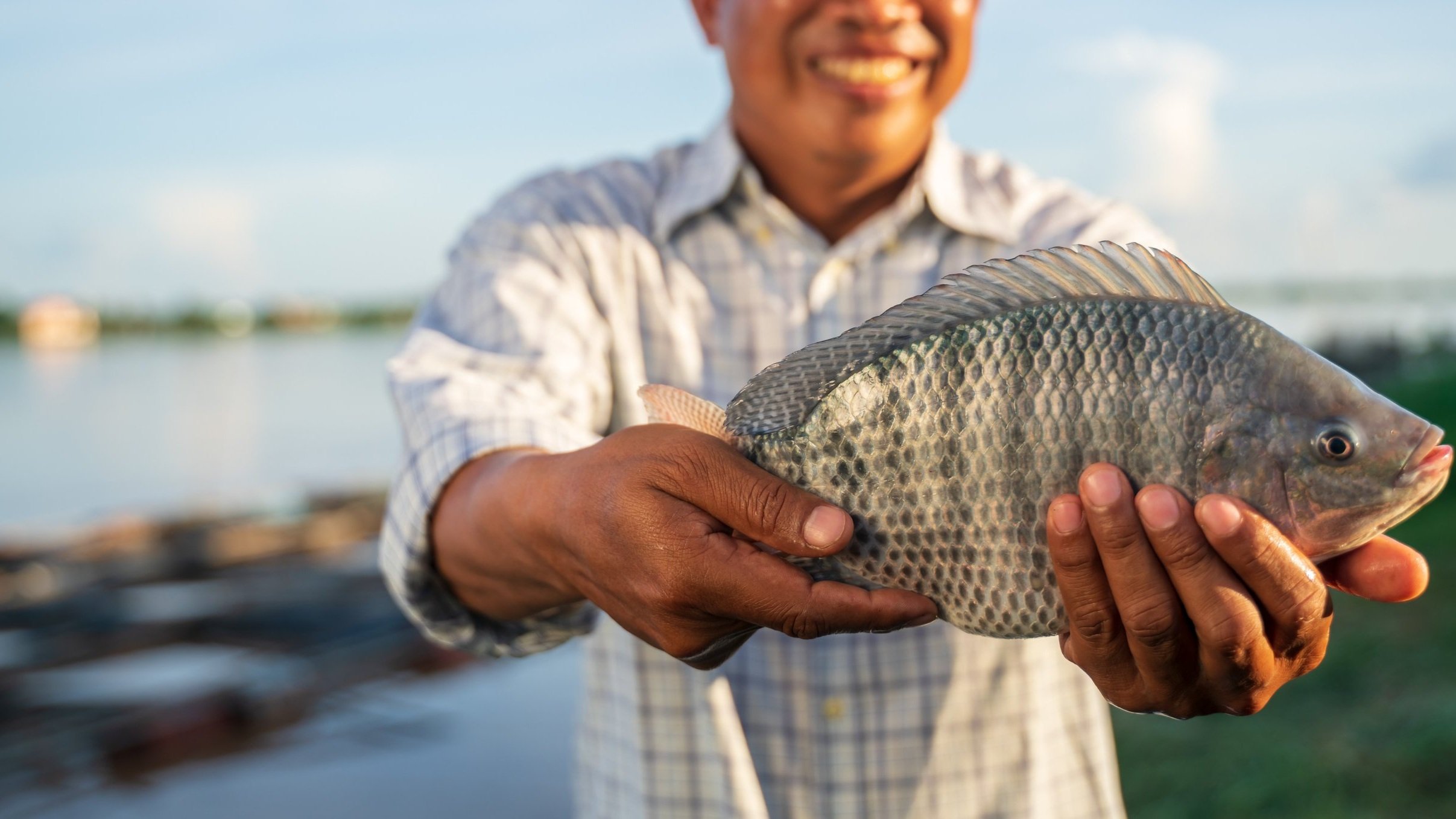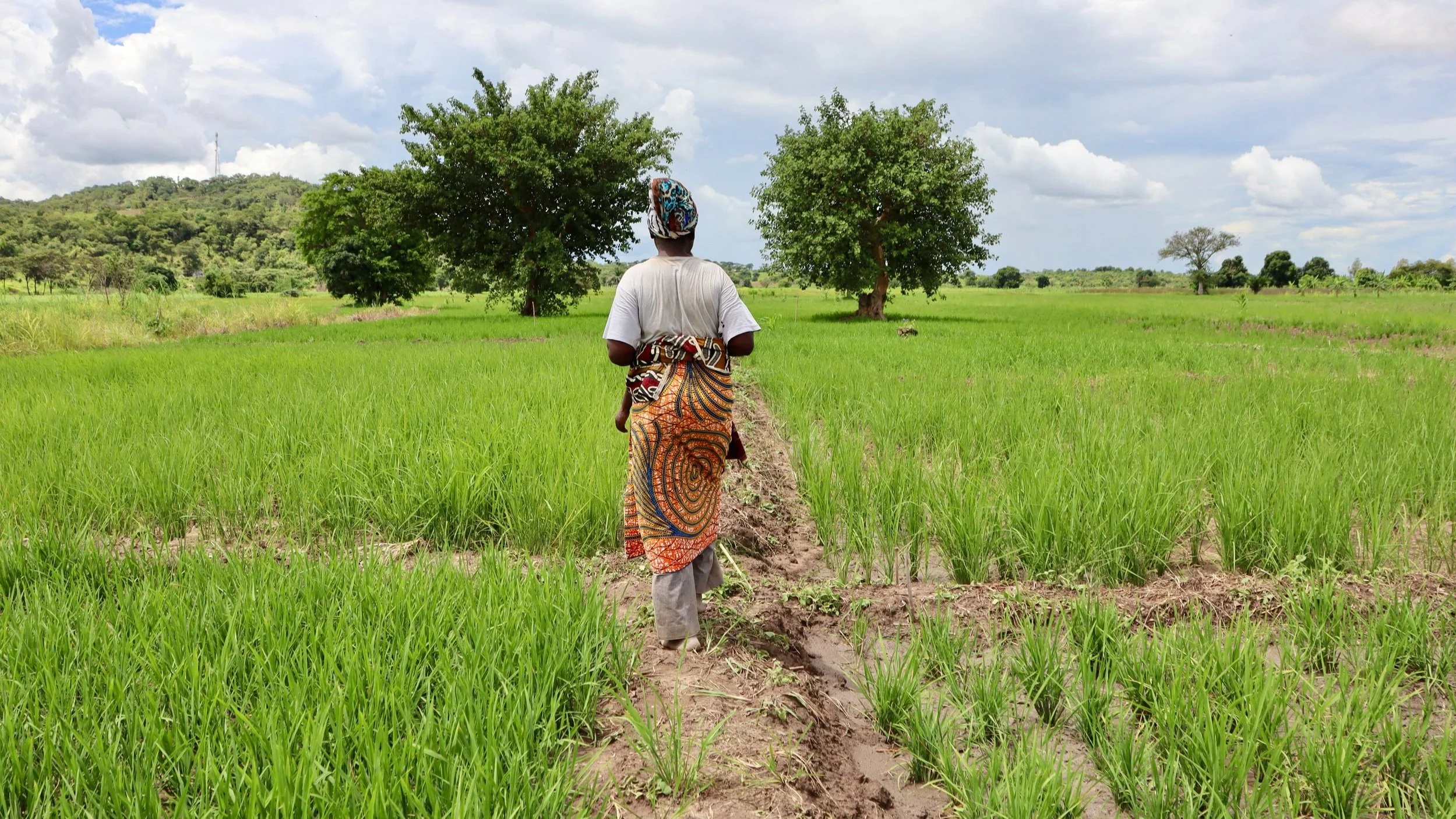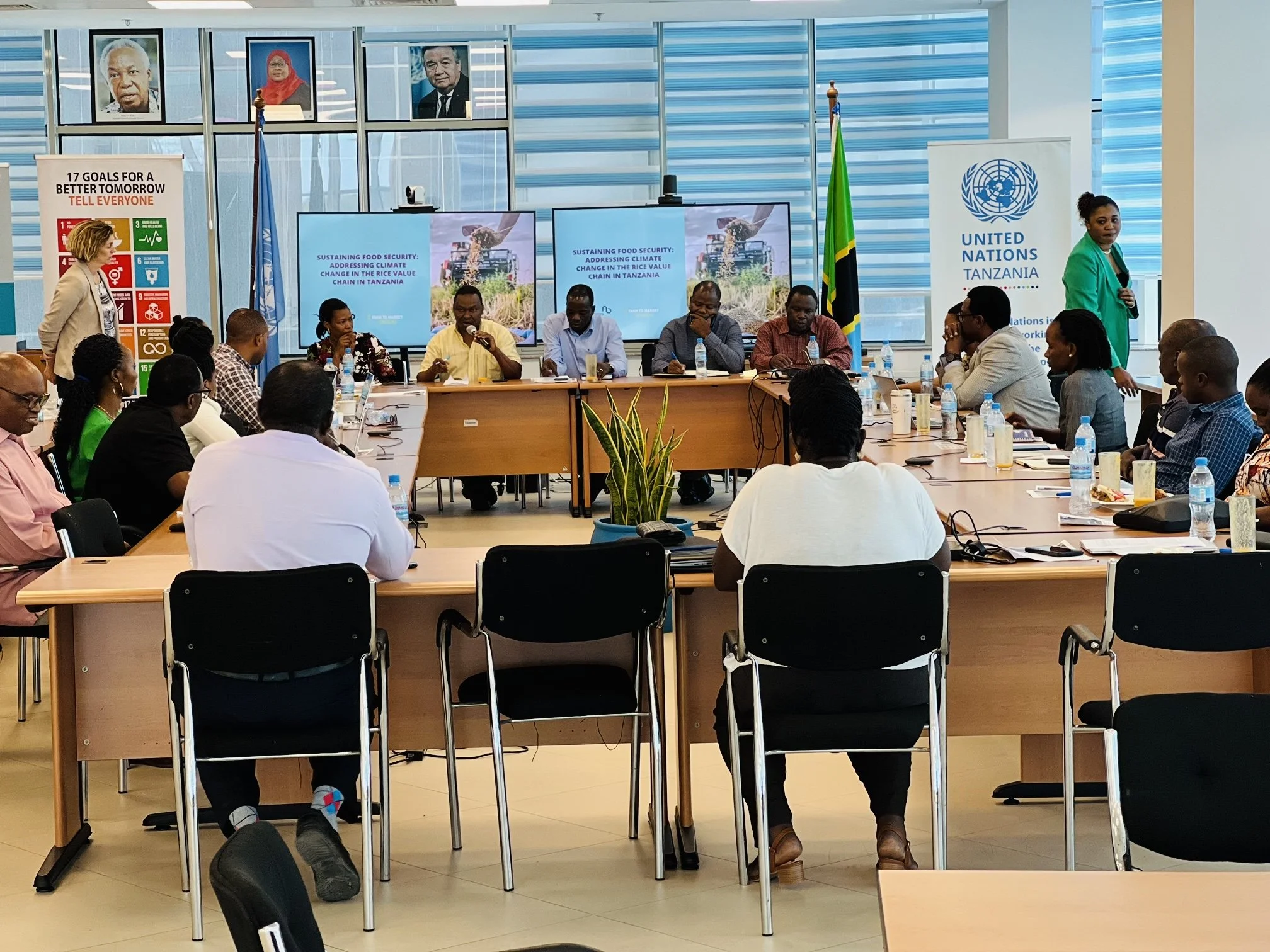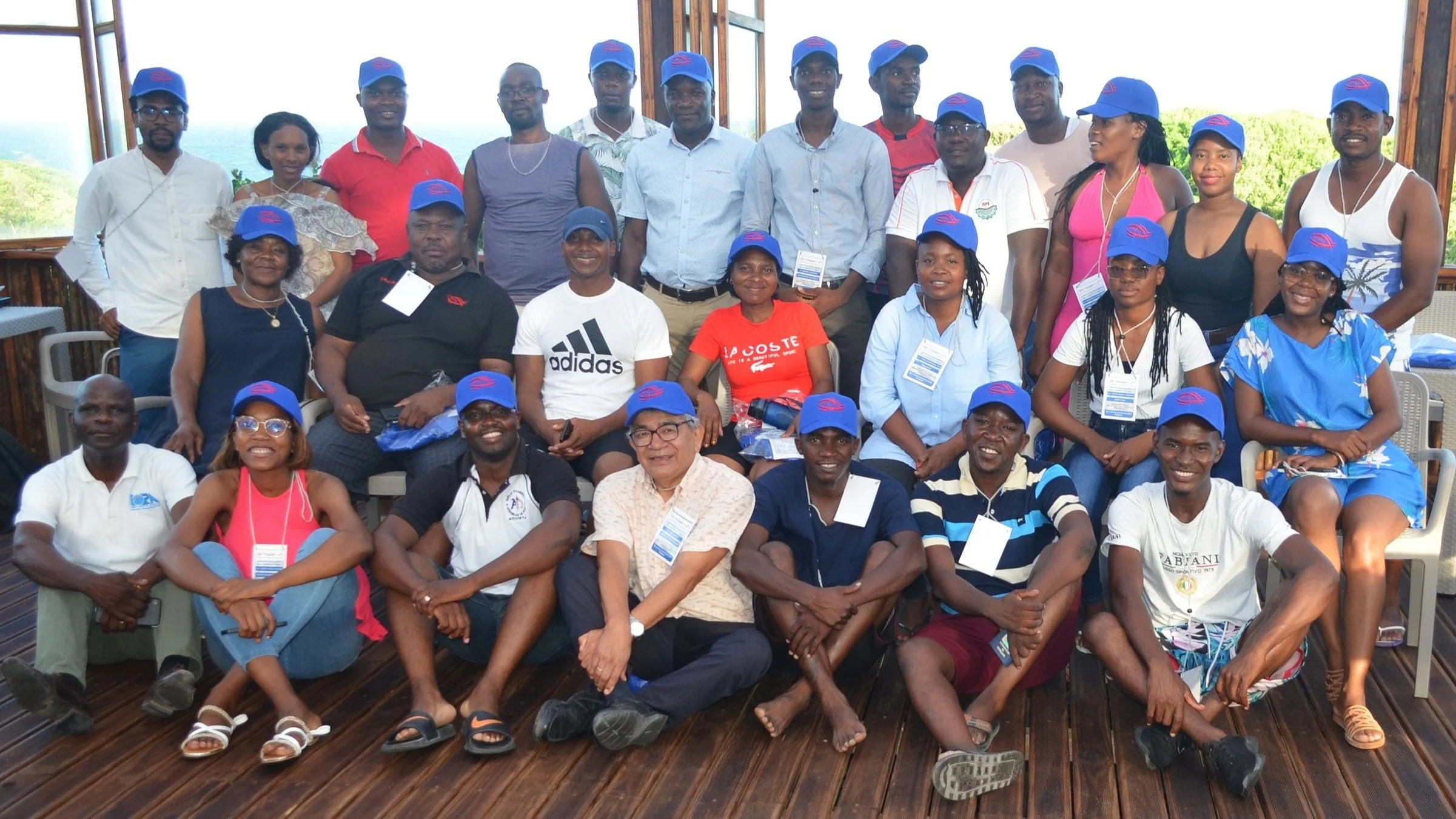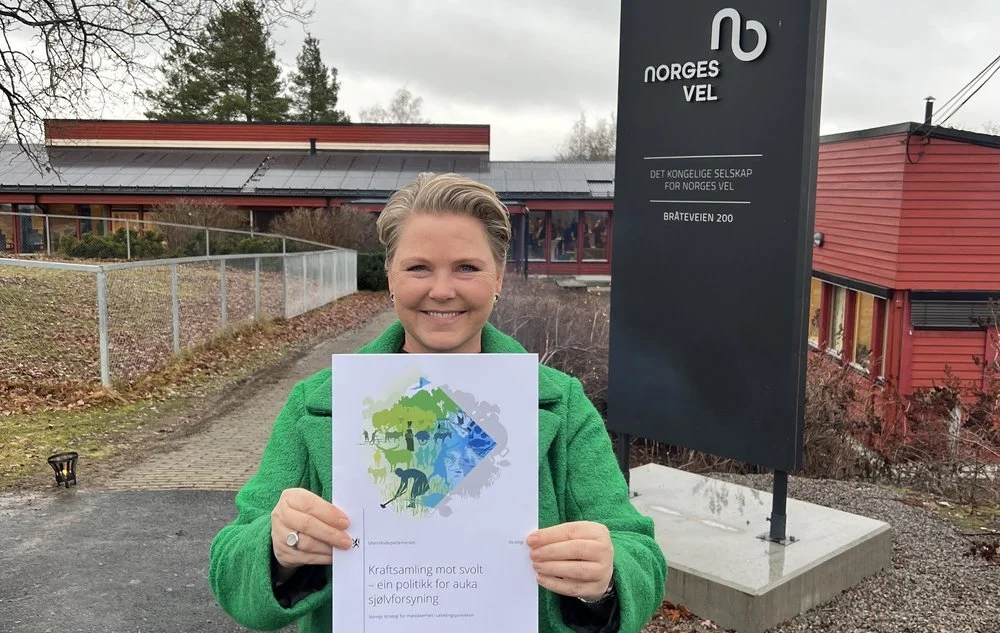On October 15, 2025, Norges Vel officially opened its new office in Nampula, marking a milestone in its commitment to being closer to partners, communities, and the heart of agricultural development in northern Mozambique.
Read MoreSince the election in Mozambique in October 2024, the country has been marked by violence and instability. Despite this, our dedicated partners and employees have found solutions that enable us to continue our work in ensuring food security in the region.
Read MoreSince its inception in 2019, the CEPAQ-Project is nearing the end of its current phase, which is scheduled to conclude in December 2024. The End-of-Term Review (ETR) marks a significant milestone in the project's timeline. As the Grant Agreement outlines, the ETR report focuses on the results achieved thus far and provides critical recommendations for future actions.
Read MoreWe are happy to precent the report here which includes highly relevant observations and findings as well constructive inputs and recommendations not only for our project partner Papa Pesca ltd, but also for Norges Vel and our project donor The Ministry of foreign affairs, through the Norwegian embassy to Mozambique.
Read MoreWith two grants totaling over 300 million NOK over five years, we aim to strengthen small-scale food producers in Mozambique, Madagascar, and Tanzania. This gives us a unique opportunity to continue our contribution to food security and value chain development in these countries.
Read MoreThe Norwegian organisation The Royal Norwegian Society for Development (Norges Vel) will by this inform that contract for the external end-term review of the project «Scaling Up Profitable Aquaculture, Mozambique” running from December 2019 – June 2024 has been signed with the selected consultancy firm Imani Development (International) Ltd.
Read MoreThe Norwegian organisation The Royal Norwegian Society for Development (Norges Vel) will by this inform that contract for the external end-term review of the project «Scaling Up Profitable Aquaculture, Mozambique” running from December 2019 – June 2024 has been signed with the selected consultancy firm Imani Development (International) Ltd.
Read MoreOur partner, Kilombero Rice Farmers Trading Company (KTC), is hiring!
Read MoreThere are three exciting opportunities available to join us in making a significant impact on food security in Tanzania.
Read MoreThe Aquaculture Research Centre (CEPAQ) has focused on research and applied research for sustainable and profitable aquaculture through transferring production technologies to different participants in the tilapia production chain.
Read MoreIn collaboration with the Farm to Market Alliance, we organized the event “Sustaining Food Security: Addressing climate change in the rice value chain in Tanzania” on October 27th in Dar es Salaam.
Read MoreIn Tanzania, small-scale farmers account for nearly 70% of the country’s food production, highlighting the crucial role of agriculture in the country’s economy. With rice being one of the staple crops in the country, the rice market serves as a significant source of income for small-scale farmers.
Read MoreThe proportion of young people is rapidly growing across the world, and Tanzania has one of the worlds fastest growing young population. Of the estimated 60 million people in Tanzania, more than 44% of the population is under 15 years old. As agriculture remains a cornerstone of Tanzania’s economy, youth are considered to play a key role in the socio-economic development of Tanzania. But youth often find agriculture unglamorous, old-fashioned, and too hardworking. Most youth see agriculture as traditional subsistence farming, and not a business. We had a chat with Enoch Asulwisue Kasisi, a youth farmer in Mbarali, about his experience with agribusiness.
Read MoreEarlier this year, we gathered professionals, researchers and students to share and discuss findings from the research at the aquaculture center CEPAQ.
Read MoreNorges Vel seeks to engage a consultancy firm for an external near-end review of our agriculture and aquaculture projects in Tanzania, Madagascar and Mozambique.
Read MoreAs a COMRICE participant, Elinesi Mpyanga (54) has focused on seed production, as an MTC stakeholder in production of improved seeds. MTC, The Mbarali and Neighbors Rice Farmers Trading Company is part of COMERICE’s objective to rally farmers together in a farmer-owned company that is facilitating their transition from subsistence farming to commercial business farming.
Read MoreTuesday 29th of November, the Minister of Agriculture and Food Sandra Borch, other politicians, and employees in the industry were gathered at Hellerud Gård for the launch of Norway’s new strategy to combat hunger and enhance global food security - "Kraftsamling mot svolt – ein politikk for auka sjølvforsyning".
Read MoreIn 1997, Shukuru Abdallah and her husband began growing rice to feed their young family in Uhambule village, Mbarali, southern Tanzania. Her husband was originally a maize farmer, but Shukuru convinced him to borrow two acres of land to grow rice and beans to vary their diet and sell the surplus for a profit.
Read More
